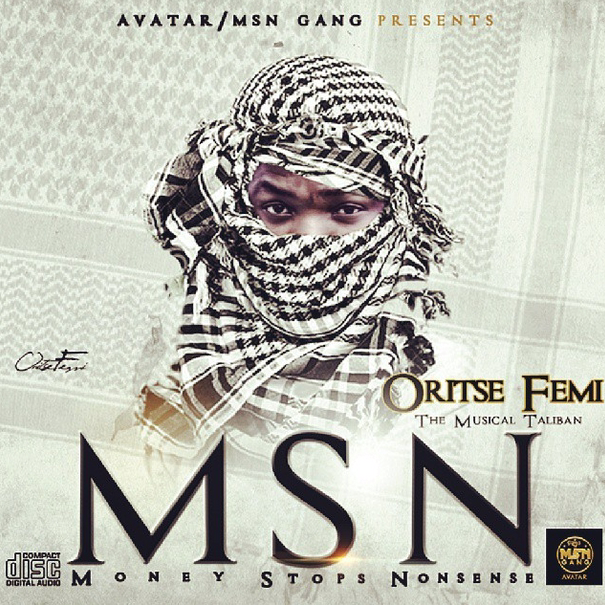Why Nigerian Music Artists Leave Their Record Labels

Every now and then we hear of our music artists dumping their record labels to float theirs, this happens with so much consistency that you can almost predict artists leaving record labels which helped them become who they are once they actually made it.
We have seen Lil Kesh leave YBNL , Chidinma leaving Capital Hill Records, and Ice Prince finally confirming his Chocolate city exit. I would have added Tonto Dikeh leaving DB records but really we all know she is not a real music artist.
What is a Label Contract?: Recording contracts are legally binding agreements, enabling record companies to exploit an artist’s performance in a sound recording, in return for royalty payments. The recording contract requires the artist to sign to the label exclusively. This means that they can’t record for another label without go-ahead, nor can they leave the contract if they’re unsatisfied. If an artist wants to feature on another artist’s record, they’ll need a go ahead to cover that, and so that is why even when artists have organic relationships and want to make records, record labels disturbs that.
What Major labels mostly do is sign the artist to a bigger deal, like Universal and Sony/BMG that have offices in all markets and a vast distribution network and so exploitation is easier through sales, public performance and broadcasting of works; such as downloads and mobile ringtones. Labels typically own the copyright in the records their artists make, and also the master copies of those records. An exception is when a label makes a distribution deal with an artist; in this case, the artist, their manager may own the copyright while the record is licensed exclusively to the label for a set period of time. Promotion is a key factor in the success of a record, and is largely the label’s responsibility, as is proper distribution of records.
Why do artists leave their record labels once they have actually made it?: Good question. The history of music is known for disputes between musical artists and their record labels or managers, or producers. All record companies have artists who are unhappy with the treatment they receive, and why?
- Controlled Compositions
- Re-recording Restrictions
- Creative direction
- Poor Accountancy
Prince and Warner Brothers: Prince signed a deal with Warner Brothers in 1978, and produced countless hits throughout the 1980s. In 1992, Prince became unhappy with his contract because it greatly limited the number of albums that he could release in a given time period. Prince wanted control over his music, and he desired to put out more albums than his contract allowed. As a means of protest, Prince adopted a symbol as his performing name, and began performing with the word “slave”.
Runtown and Erick Manny Records: The beef between Runtown and Erick Manny boiled down to the fact that the record label had been cheating Runtown of his money, they never give him his share of show performances, caller tunes and more and this I blame due to how record labels invest millions of cash into an artist creative output and then they feel entitled to all the dividends generated.
scratch the surface of the countless disputes that have arisen between artists and record labels. Conflicts between these parties are common, perhaps because of the nature of the industry.



























